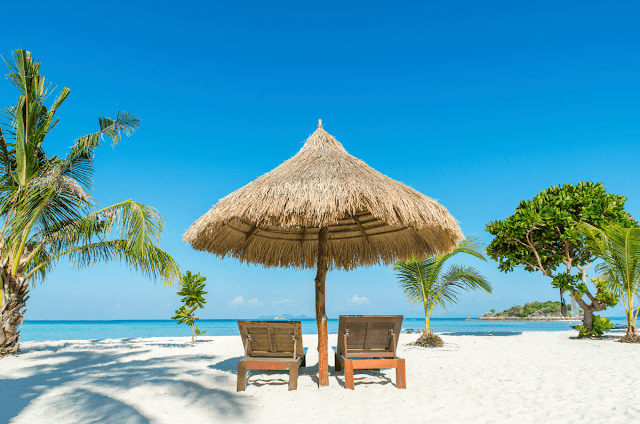Starting next week, Italian Prime Minister Mario Draghi approved a decree to relax Italy's COVID-19 constraints.
The decree which will be in effect from Monday until the end of July, reintroduces yellow zones in the country's tiered system of controls, where penalties are less extreme while the possibility of contagion is only mild.
The latest decree lifts a restriction on travel between areas. People will be allowed to easily travel between yellow zones and will be issued a "gold card" for travel between orange and red zones.
In the red zone, all restaurants and bars are closed except for takeaway shops and home delivery shops, and all non-essential shops are also closed. In the orange zone, shops can conduct business, but restaurants and bars must remain closed. In the yellow area, shops are open until 6 pm, and bars and restaurants are also open.
The pass will be available for six months for those who have had COVID or have been vaccinated, and for 48 hours for those who have not had COVID but have tested negative for the virus.
Many that make false claims in order to secure the pass face prison time.
In yellow areas, theatres, parks, and cinemas will be permitted to reopen, as will open-air concerts and other shows. Restaurants will be able to seat customers at outdoor tables for lunch and dinner.
Restaurants without outside rooms, on the other hand, would have to wait until June 1 to service tables again, and then only at lunchtime.
The amount of time high school students spent in class is expected to rise, but not to 100%, as the government has intended, because city officials have warned that this could lead to overcrowding on public transportation.
As a result, high-school students can attend at least 70% of their classes in orange and yellow zones and at least 50% in red zones, with the remainder taught through distance learning.
In yellow areas, open-air swimming pools will be allowed to open on May 15.
On June 1, indoor gyms will be allowed to open in yellow areas, and athletic activities deemed of "national importance" will be restricted to a certain number of spectators.
On June 15, trade shows will be able to resume, and congresses and amusement parks will be able to reopen on July 1.
For the time being, the government has agreed that Italy's night-time curfew, which is intended to discourage get-togethers that could spread COVID-19, will continue to be enforced at 10 p.m.
Abruzzo, Emilia Romagna, Friuli Venezia Giulia, Lazio, Liguria, Lombardy, Marche, Molise, Piedmont, Umbria, and Veneto, as well as the autonomous provinces of Trento and Bolzano, look likely to be classified as yellow zones next week based on the latest coronavirus results.










No comments:
Post a Comment
Note: only a member of this blog may post a comment.